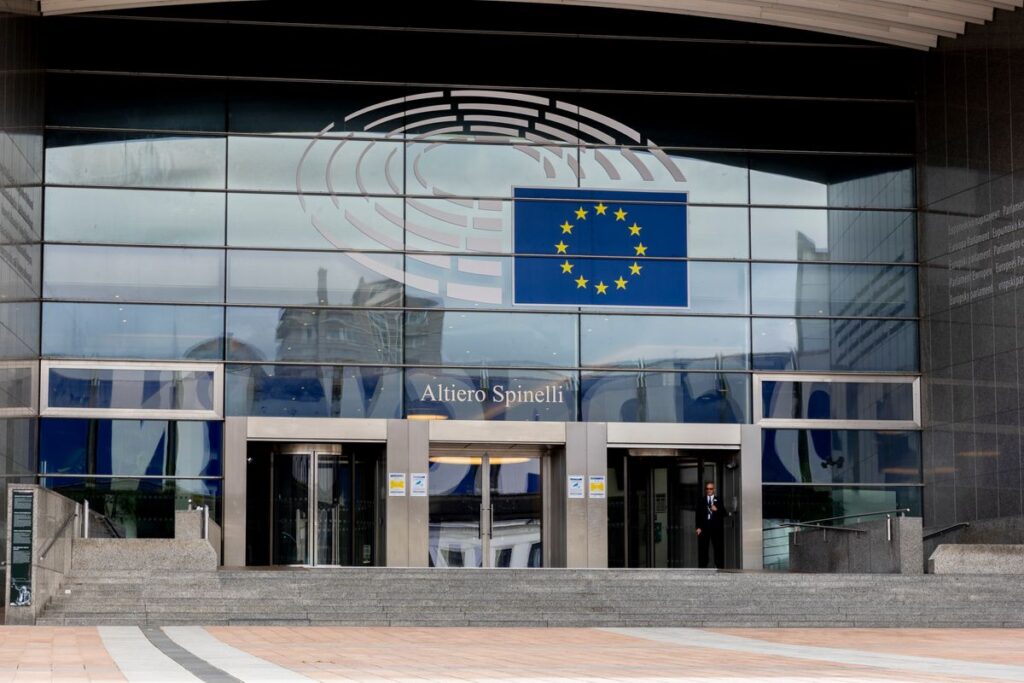
This is a transition plan for Britain, a route-map to 2020, with carbon savings expected across every sector
Ed Miliband, DECC
The documents sets out how the UK will deliver its European target of getting 15% of all energy – electricity, heat and transport – from renewables by 2020 and identifies biomass waste as an “under-used resource” which could provide a “significant” contribution.
In particular, the report promotes the potential for combusting wood waste and sending food waste to anaerobic digestion plants – claiming that if these materials alone were diverted from landfill and used for energy, they could provide approximately 18% of the UK's renewable energy target.
The document was published today by the department of energy and climate change (DECC) alongside a Low Carbon Industrial Strategy (see letsrecycle.com story), Low Carbon Transport Plan and a Low Carbon Transition Plan, which plots how the UK will cut emissions 34% compared to 1990 levels by 2020.
This includes a 13% cut for the waste sector compared to 2008 levels and carbon budgets for individual government departments, including Defra.
Launching both documents, energy secretary Ed Miliband said: “The UK was the first county in the world to legislate for carbon budgets. It was a dramatic change of approach. This is a transition plan for Britain, a route-map to 2020, with carbon savings expected across every sector and a carbon budget assigned to every government department alongside its financial budget.
“Renewables, nuclear and clean fossil fuels are the trinity of low carbon and the future of Britain. Under out plans we will get 40% of our electricity from low carbon energy by 2020 and more in the years afterwards,” he added.
Support
Both the Renewable Energy Strategy and Transition Plan outline a number of ways the government will be supporting the waste sector, in order to meet its targets. Most notably, these include:
-
A time-limited grant scheme to encourage the use of solid recovered fuel in industrial scale CHP facilities. Subject to State Aids approval, this would be implemented by April 1, 2010.
-
A toolkit for local authorities to help them communicate the benefits of energy from waste plants to the general public.
-
Enabling energy from waste plants with Combined Heat and Power to obtain the appropriate level of ROCs more easily through online determination of the energy content from the biomass fraction of a mixed waste stream
-
A consultation later this year on the scope for banning certain materials or types of waste from landfill
-
Potentially tighter controls over landfill gas emissions including, if necessary, tighter regulation
-
Support for biogas produced through anaerobic digestion under the forthcoming Renewable Heat Incentive, subject to consultation later in 2009
-
Financial support for a biofuels demonstration plant, where waste oil would be used to produce bioethanol/renewable power
Summing up its support, the Transition Plan said: “Uncertainties remain about the science of landfill gas emissions and the best measures to reduce them, but the Government estimates that extra measures of this type, together with the recently announced increases in landfill tax, might yield a further one million tonnes a year savings in carbon dioxide equivalent by 2020.”








Subscribe for free